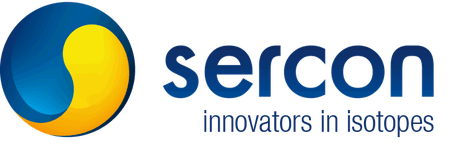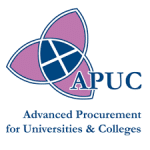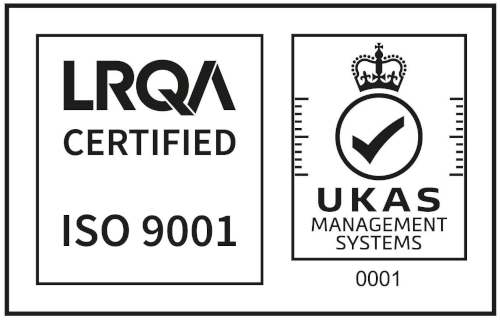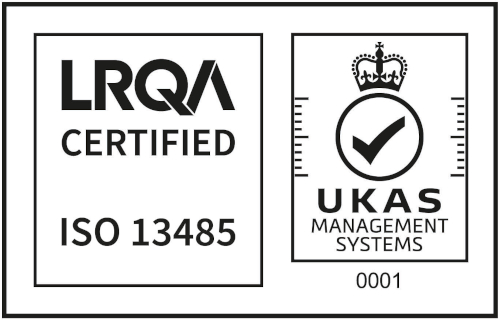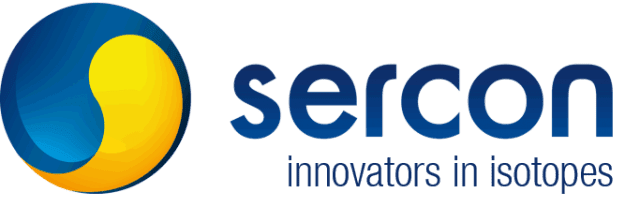Chile Road Trip – the Copper Mining Industry
There is no better illustration of Sercon’s global capabilities than the Chilean roadtrip recently undertaken by System Engineer James Hanson.
Over a four week period, James covered over two thousand miles along the west coast of South America, visiting very different three customer facilities along the way.
Travelling to Iquique, at the northern tip of Chile, James’ task was installation of a TOC in one of several large desalination plants attached to the massive Chilean copper mining sector.
The plant uses reverse osmosis to remove salt from seawater for use in the mining process – you can read more about this here.
The TOC fits into their operation just before the water is pumped to the mine and is used to check for levels of Non-Purgeable Organic Carbon / Total Organic Carbon (NPOC and TOC) which should have been removed by their processes to purify the seawater.
The technique involves adding Hydrochloric Acid to the water samples, and then sparging (bubbling) the sample with purified gas to agitate the sample and catalyse the reaction caused by the acid to remove the carbon not related to the analytical technique. This should yield extremely low levels of TOC – around 1 part per million (1ppm) which is what Sercon systems are capable of detecting with the high sensitivity setup. The TOC determines if the water is pure enough to be used for the next step in the mining process.
Alongside the TOC system installation, James and Leonardo Alvarez from Sercon’s Chilean Agent, SOTEQ, installed two gas generators from Peak Scientific. One is an air compressor and the other an air purifier, which work together to supply the TOC with a carrier gas containing virtually no CO2 (as the TOC system is detecting CO2, we cannot introduce CO2 into the system in any form other than the sample). This is an effective alternative to a continuous and sometimes expensive supply of ultra-pure Oxygen cylinders which would otherwise be required to run the TOC system.
Training the scientists working in the lab on the system was included with the installation.
Iquique is one of the driest cities in the world; and the UV index of the coastal area around the desalination plant requires that all staff take special precautions to minimise exposure.
The mining process is complex; desalination and purification of seawater is just the first step. This clean water is then pumped around 160km from the coast to the actual mines, where the copper is introduced before it is pumped back to the coast and extracted. The remaining water from this process is pumped back into the sea. You can find out more here.
James had two other calls on his four week trip; look out for more tales from the road soon!
